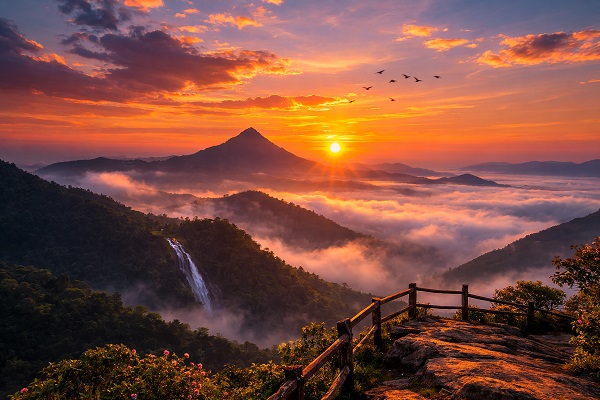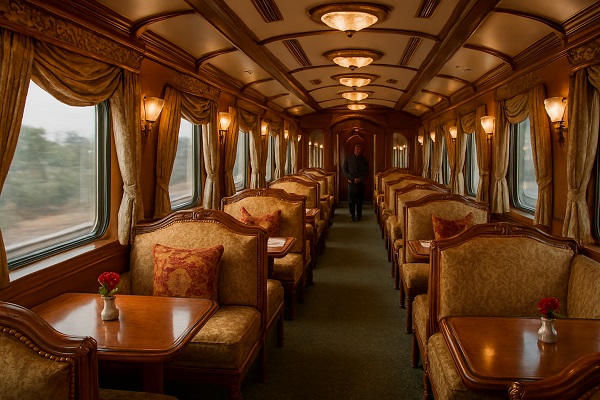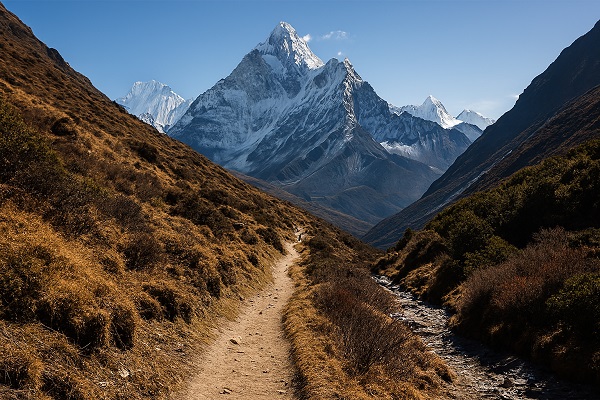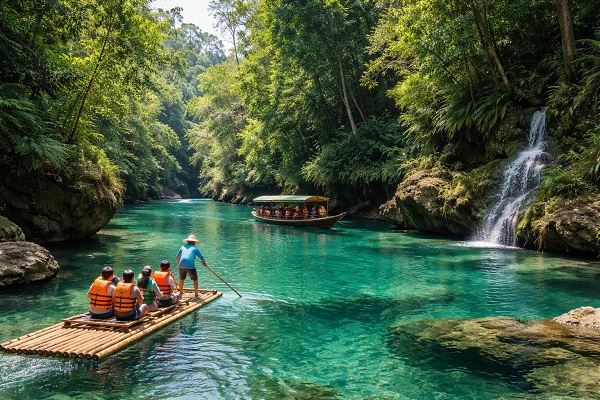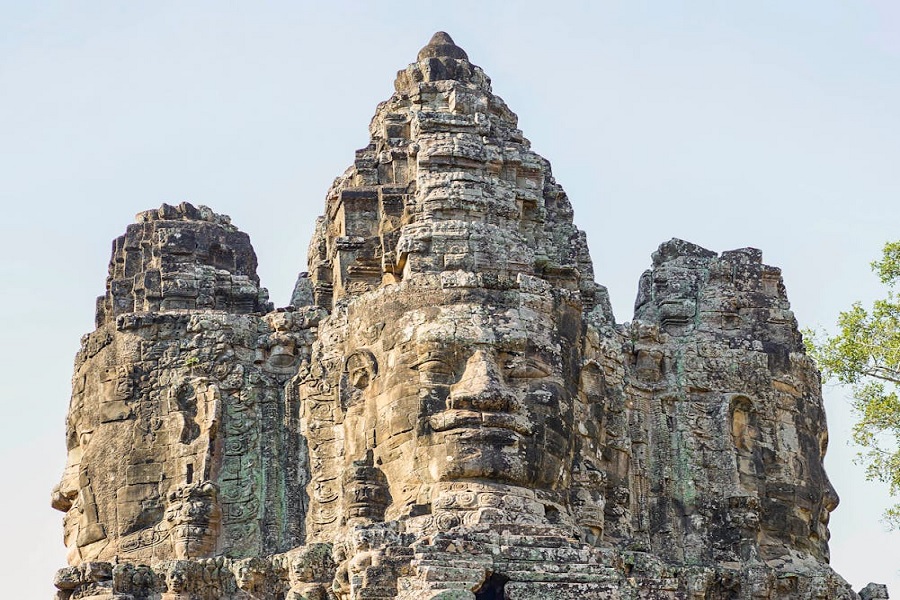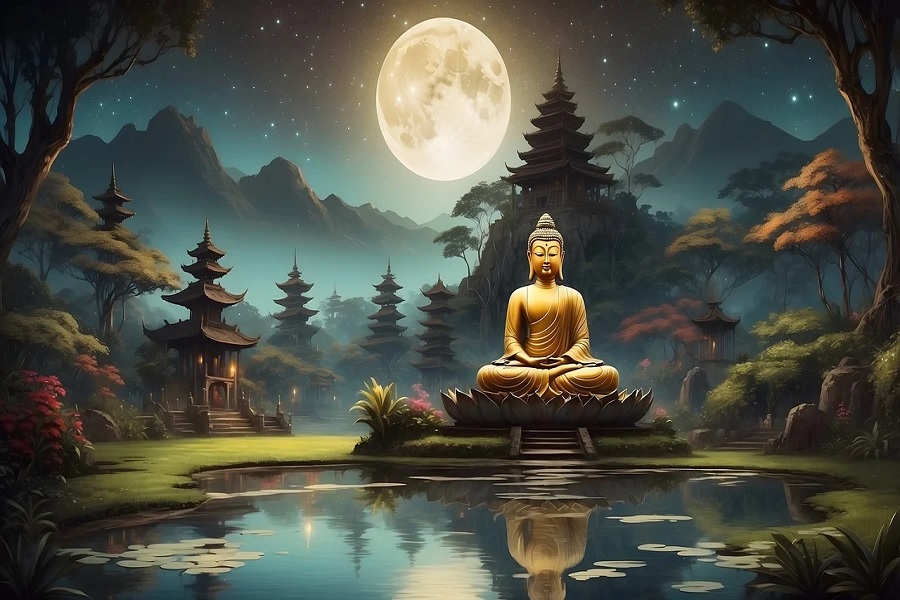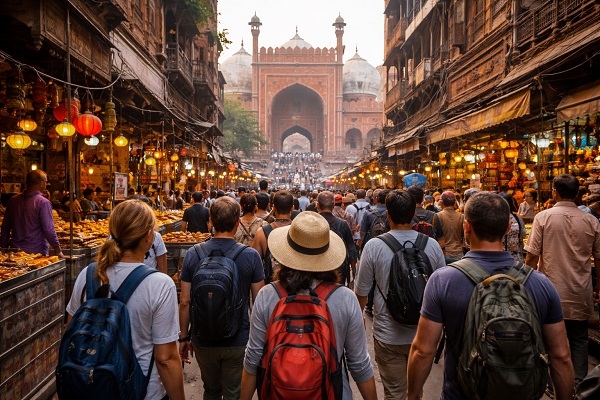“Living History: Exploring Rajasthan’s Culture through Haveli Homestays”
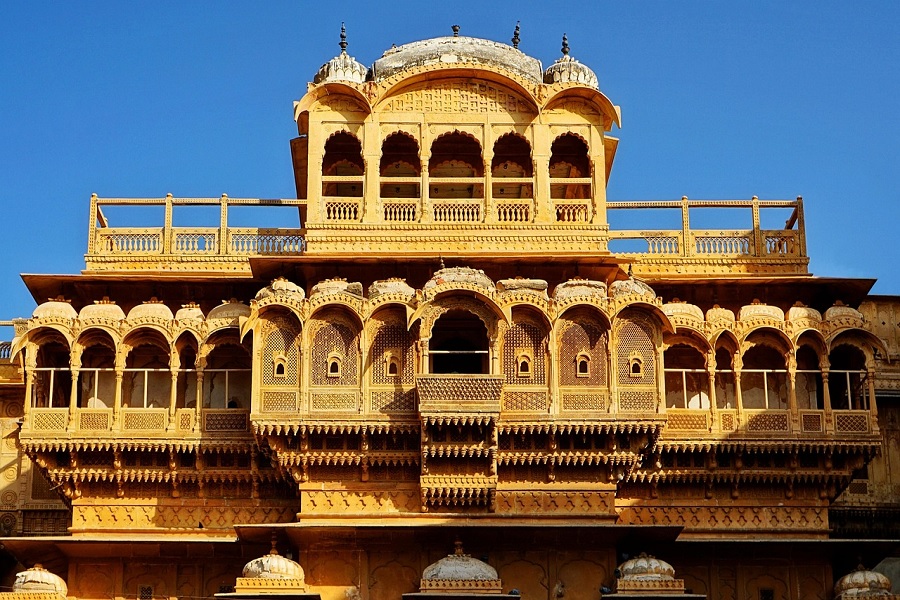
In an age where travel often means ticking off landmarks, Ancestral Home Tourism offers something richer: a return to roots, to authenticity, and to lived heritage. At the heart of this movement in India lies Rajasthan—where restored havelis (grand ancestral mansions) open their doors not just as places to stay, but as immersive cultural experiences.
What Is Ancestral Home Tourism?
Ancestral Home Tourism invites travelers to stay in historically significant family homes, often lovingly restored to preserve their original architecture, art, and aura. These are not just buildings—they are living stories of generations, tradition, and identity.
Rather than impersonal hotels, these homes offer a deep, emotional connection to the land, its people, and its culture.
The Rajasthani Haveli Experience
Rajasthan, India’s royal heartland, is dotted with magnificent havelis—ornate residences that once belonged to merchants, nobles, and aristocrats. Many of these fell into neglect, but today, several have been revived as boutique homestays by descendants of the original families.
Here, the guest doesn’t just stay—they become a part of the home’s continuing legacy.
Highlights of a Haveli Homestay Experience:
Heritage Architecture:
From jaali (latticed) windows to hand-painted frescoes, every room is a piece of art. Many havelis boast inner courtyards, traditional jharokhas (balconies), and antique furniture dating back centuries.
Home-Cooked Rajasthani Cuisine:
Dine with the host family on recipes passed down generations—like gatte ki sabzi, ker sangri, or laal maas, prepared in age-old clay ovens.
Cultural Immersion:
Guests can take part in folk music evenings, tie a turban, learn mehendi art, or join locals during festivals like Gangaur or Teej.
Oral Histories & Storytelling:
The owners, often descendants of royal or merchant lineages, share stories about their ancestors, family rituals, and the house’s place in local history.
Spiritual Practices:
Experience the puja rituals in home temples, learn about Vastu, and take part in traditional wellness routines like oil head massages or Ayurvedic meals.
Popular Haveli Homestay Destinations in Rajasthan:
Alsisar Haveli, Jaipur: A royal retreat blending modern comfort with vintage grandeur.
Narlai Rawla, near Jodhpur: A 17th-century hunting lodge turned heritage stay.
Dev Shree, Deogarh: A lake-facing haveli hosted by warm and welcoming royals.
Bhainsrorgarh Fort, Kota: Live in a fort-haveli perched on a cliff with views of the Chambal River.
Why Travelers Love It
Ancestral home tourism isn't just about sightseeing—it’s about story-living. It connects travelers with slow travel values: community, sustainability, and respect for tradition.
For urban visitors or global tourists, it offers a rare window into Rajasthani daily life beyond the palace gates—where customs are alive, not just remembered.
The Cultural Tourism Impact
These stays support heritage conservation, provide income for local communities, and encourage younger generations to preserve their cultural identity.
By choosing such experiences, travelers are not just spending a night—they’re investing in living culture.
Conclusion
In Rajasthan’s havelis, every crack in the wall whispers a tale. As you sip masala chai under a hand-carved archway or listen to a host recount tales of Maharajas, you’ll realize: this isn’t a vacation, it’s a voyage into the soul of India.
So next time you travel, don’t just visit a destination. Live it—room by room, story by story, haveli by haveli.










Top News

Arunachal logs record monthly GST collection of Rs 332 crore in April






